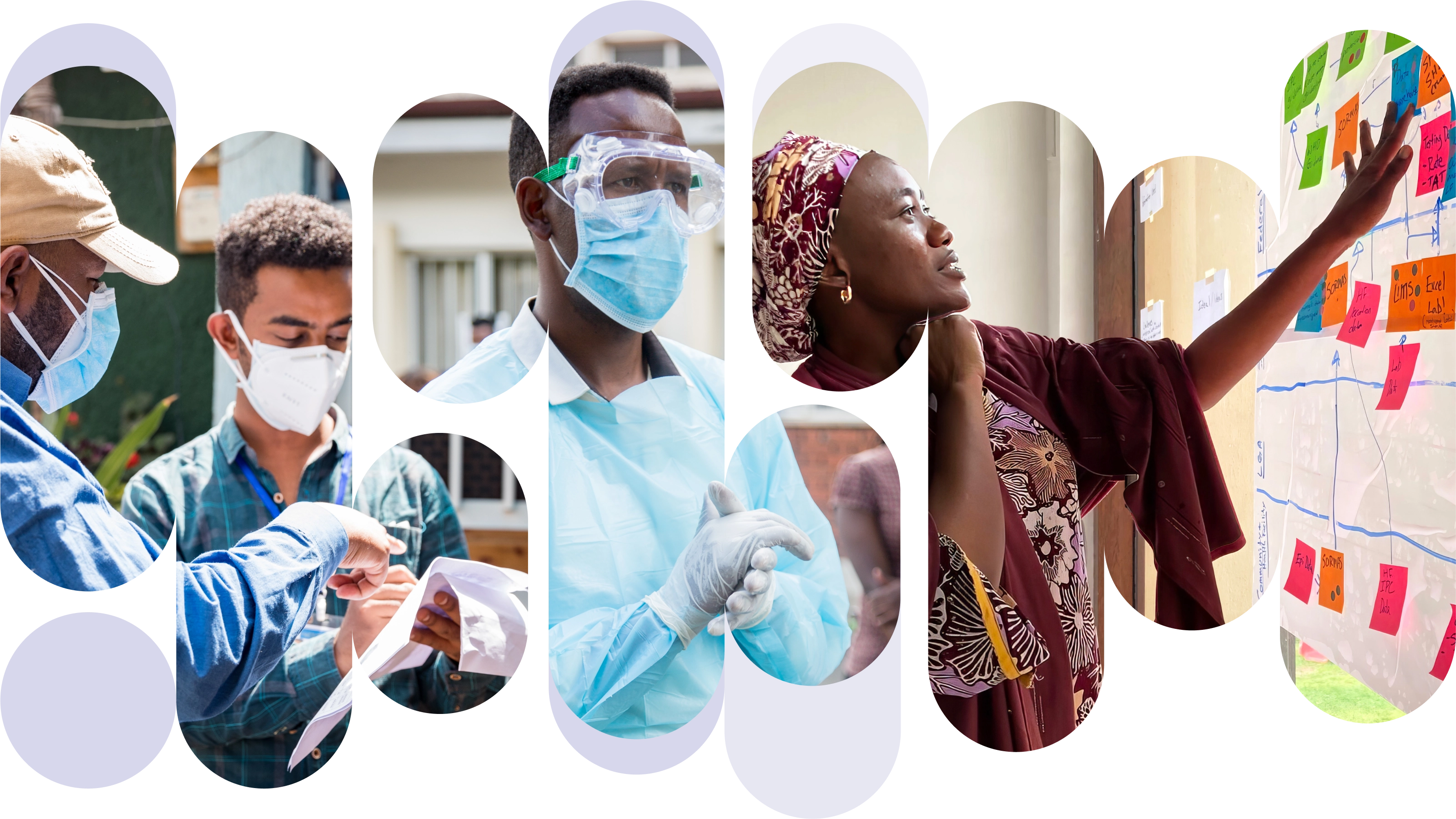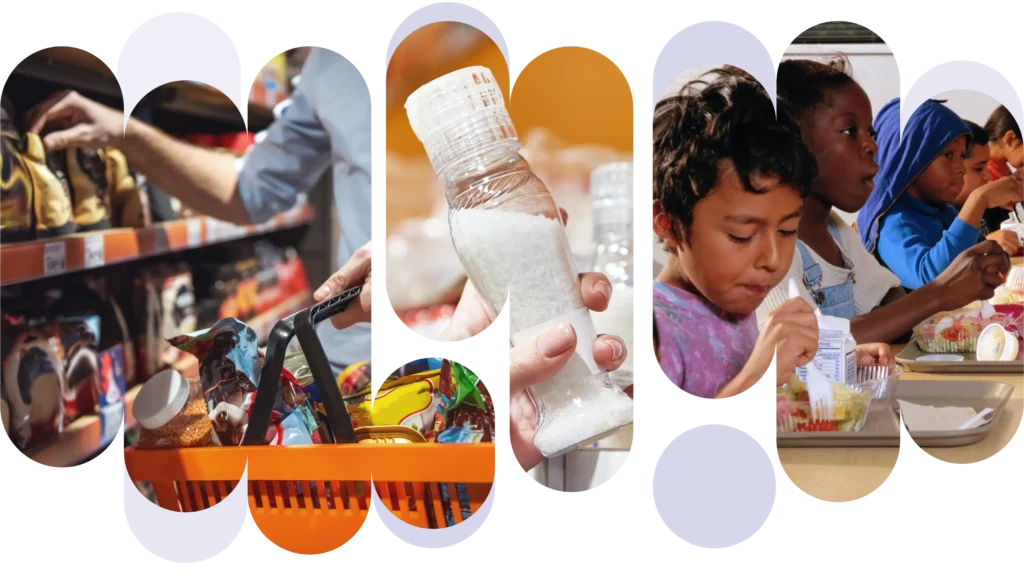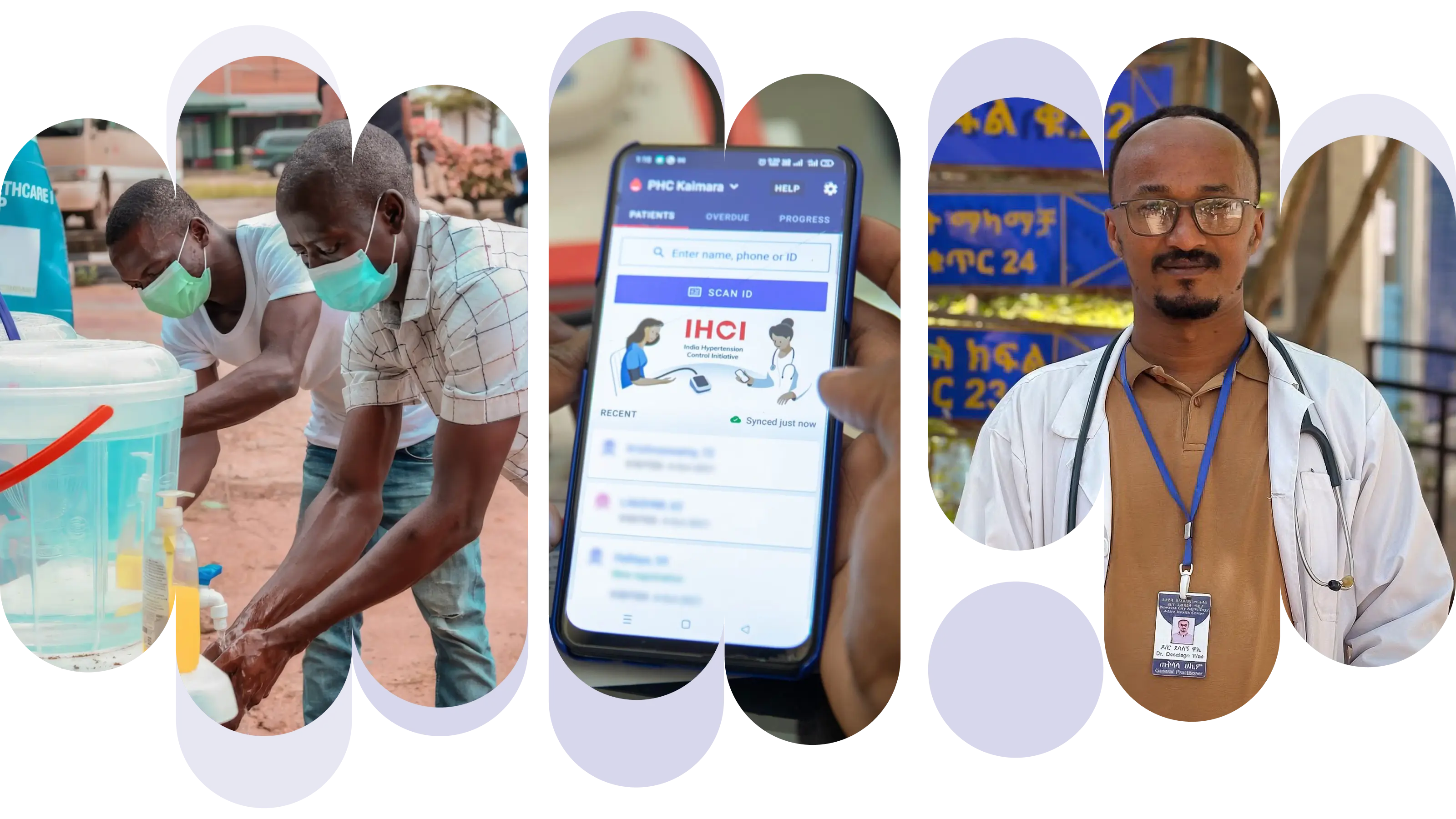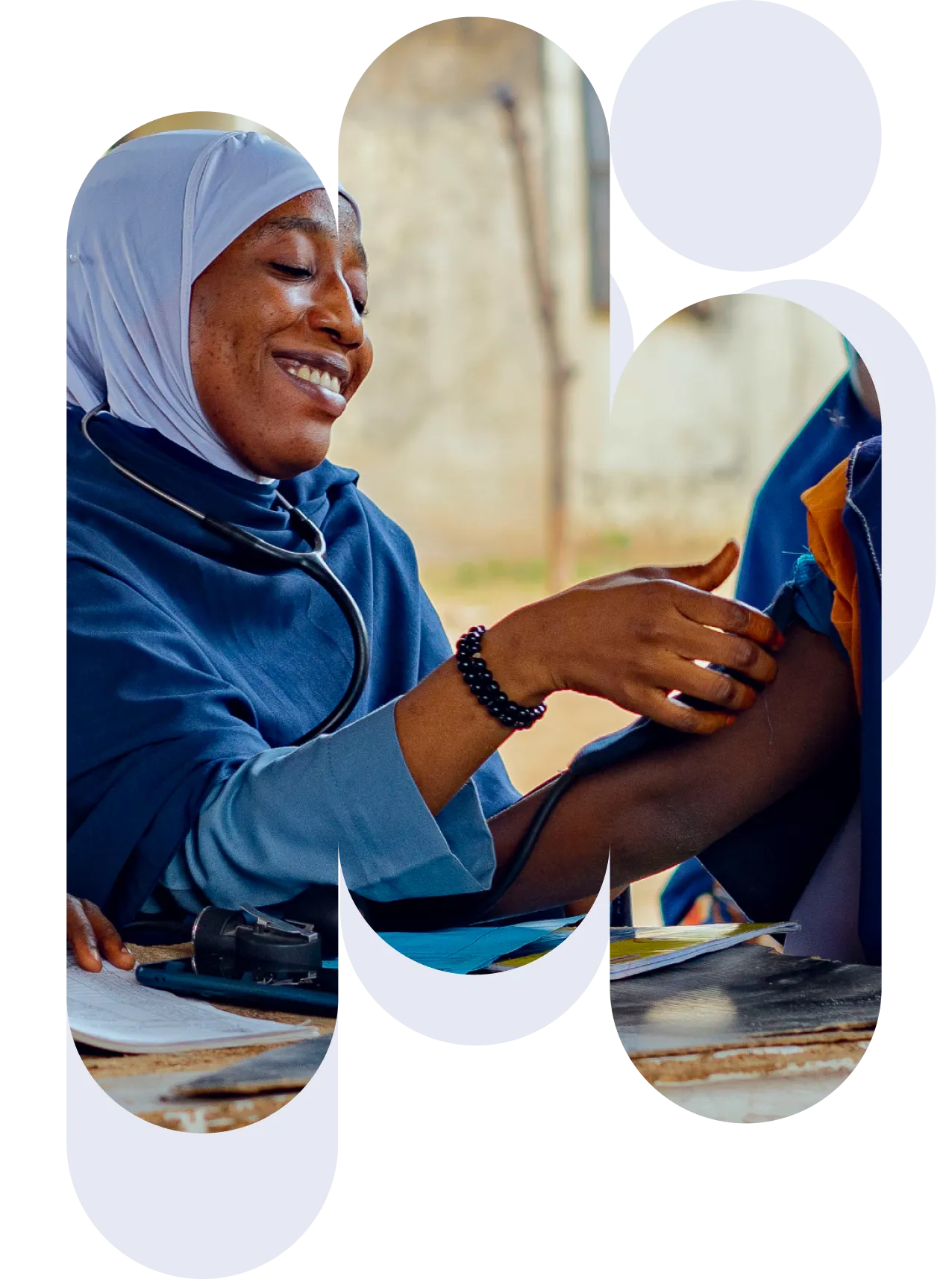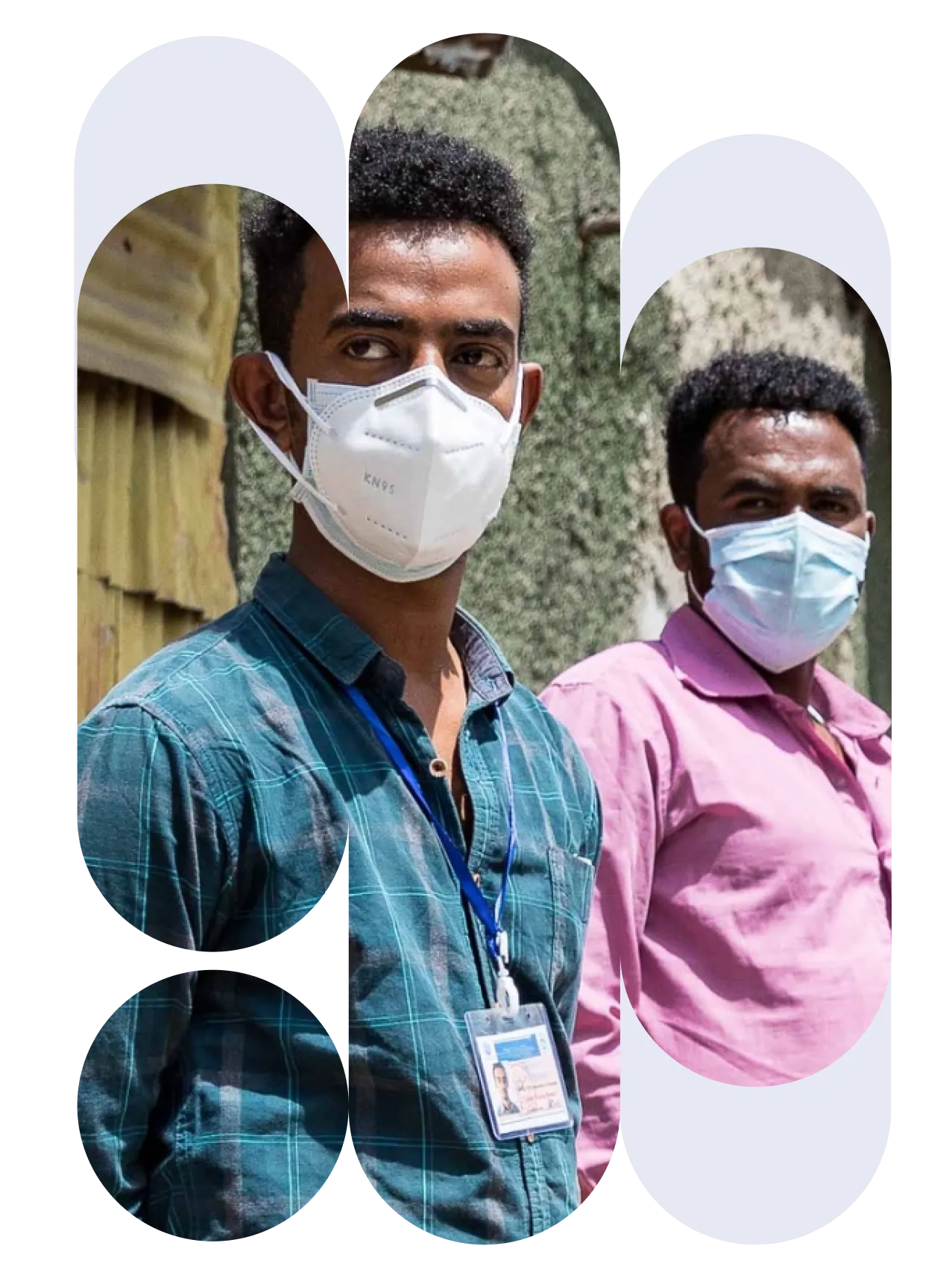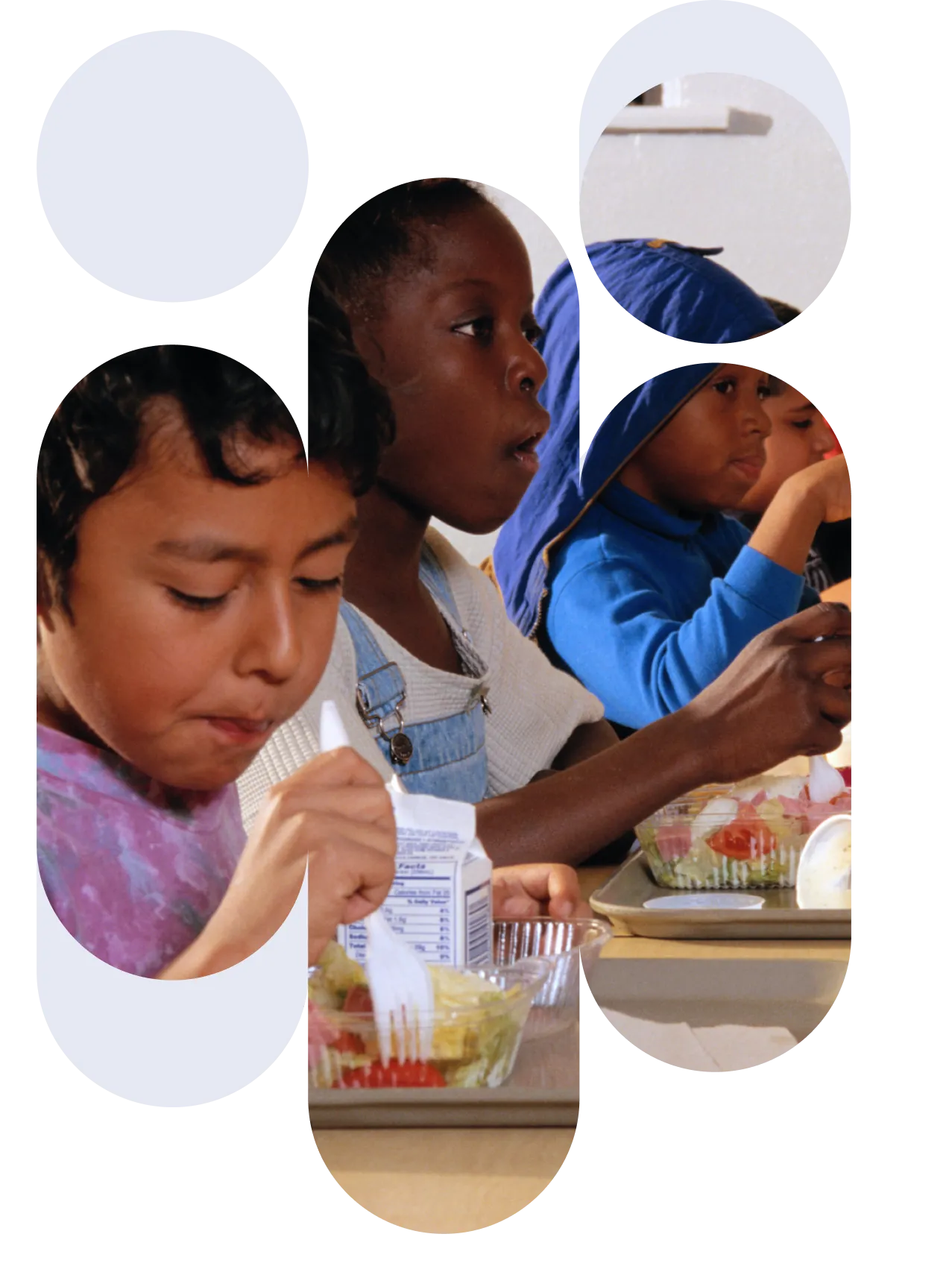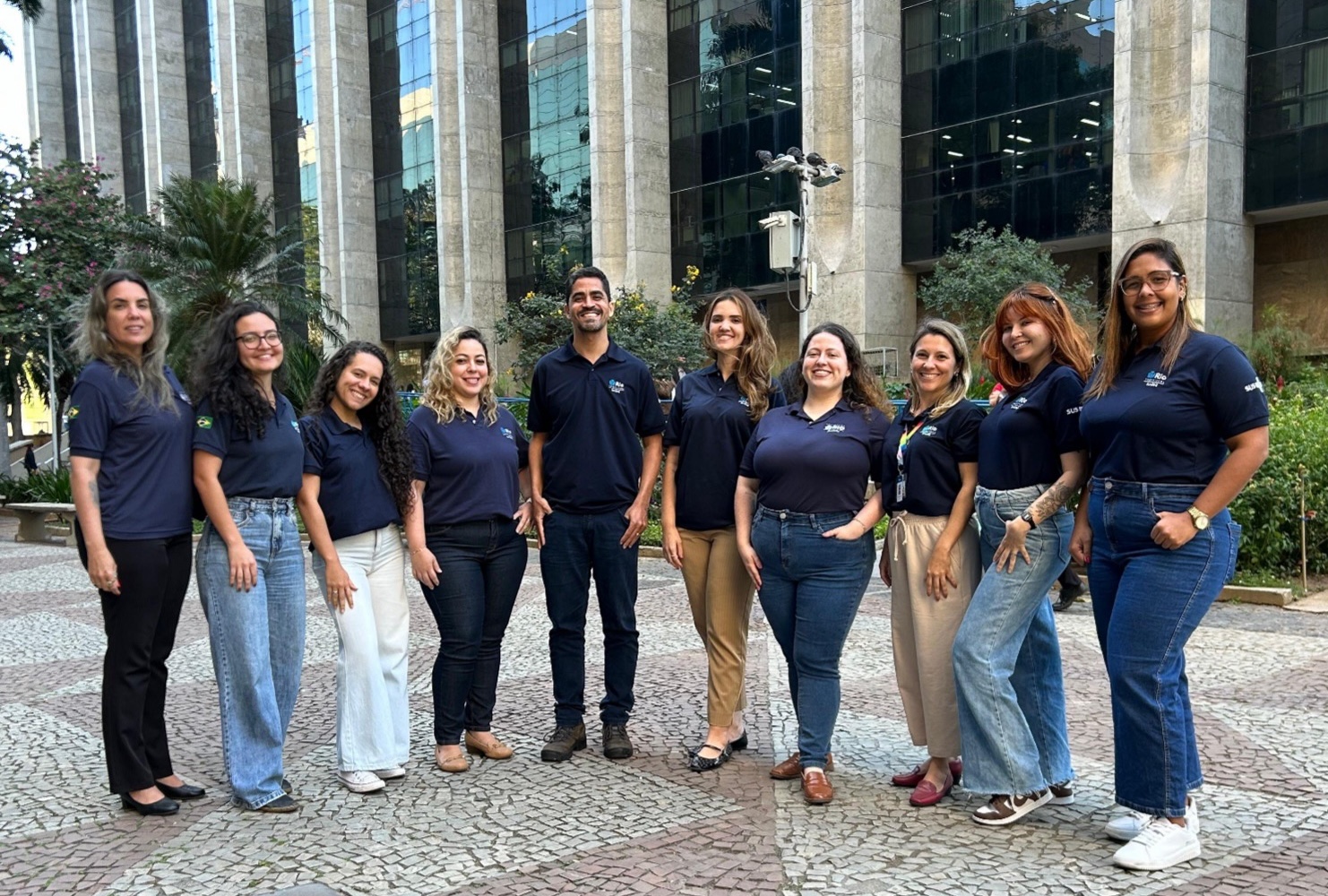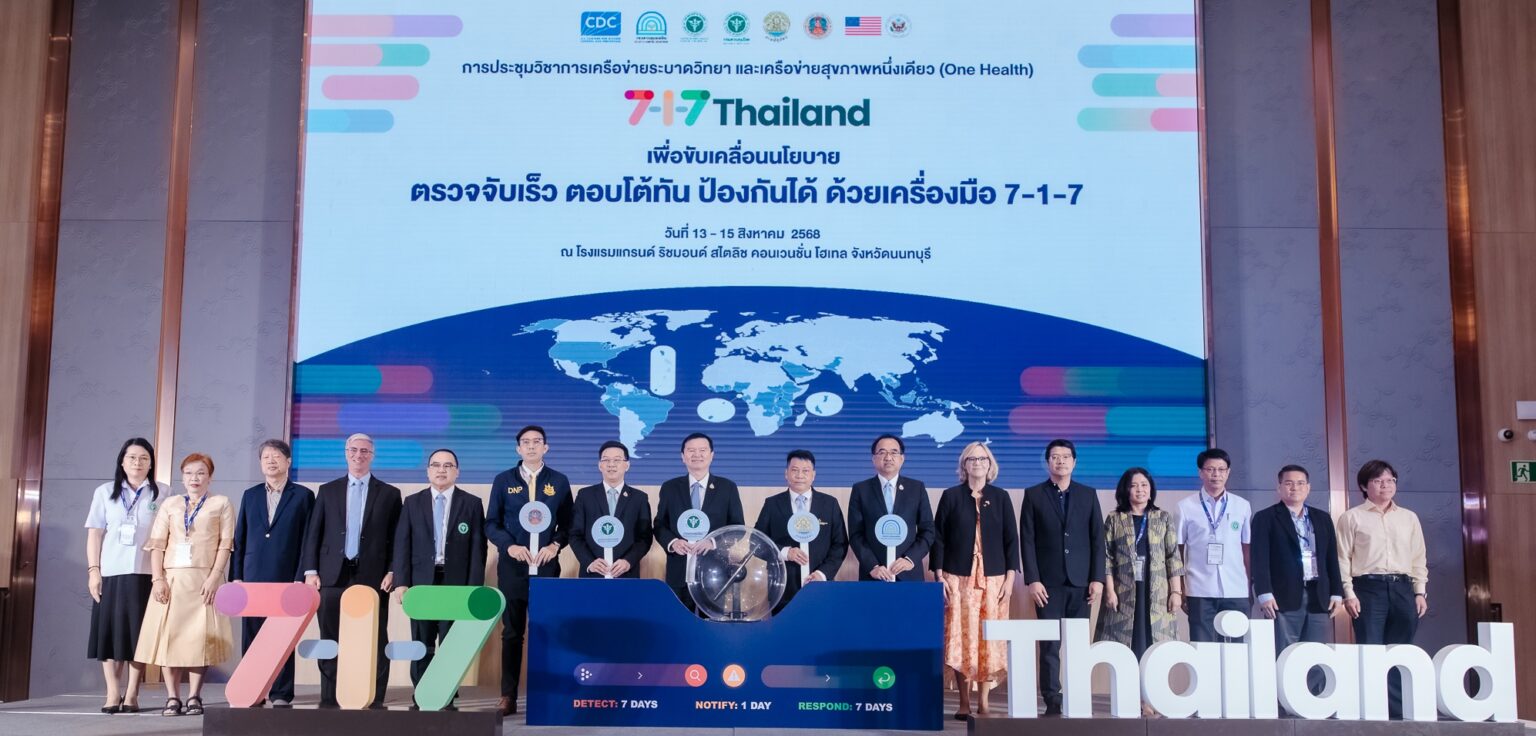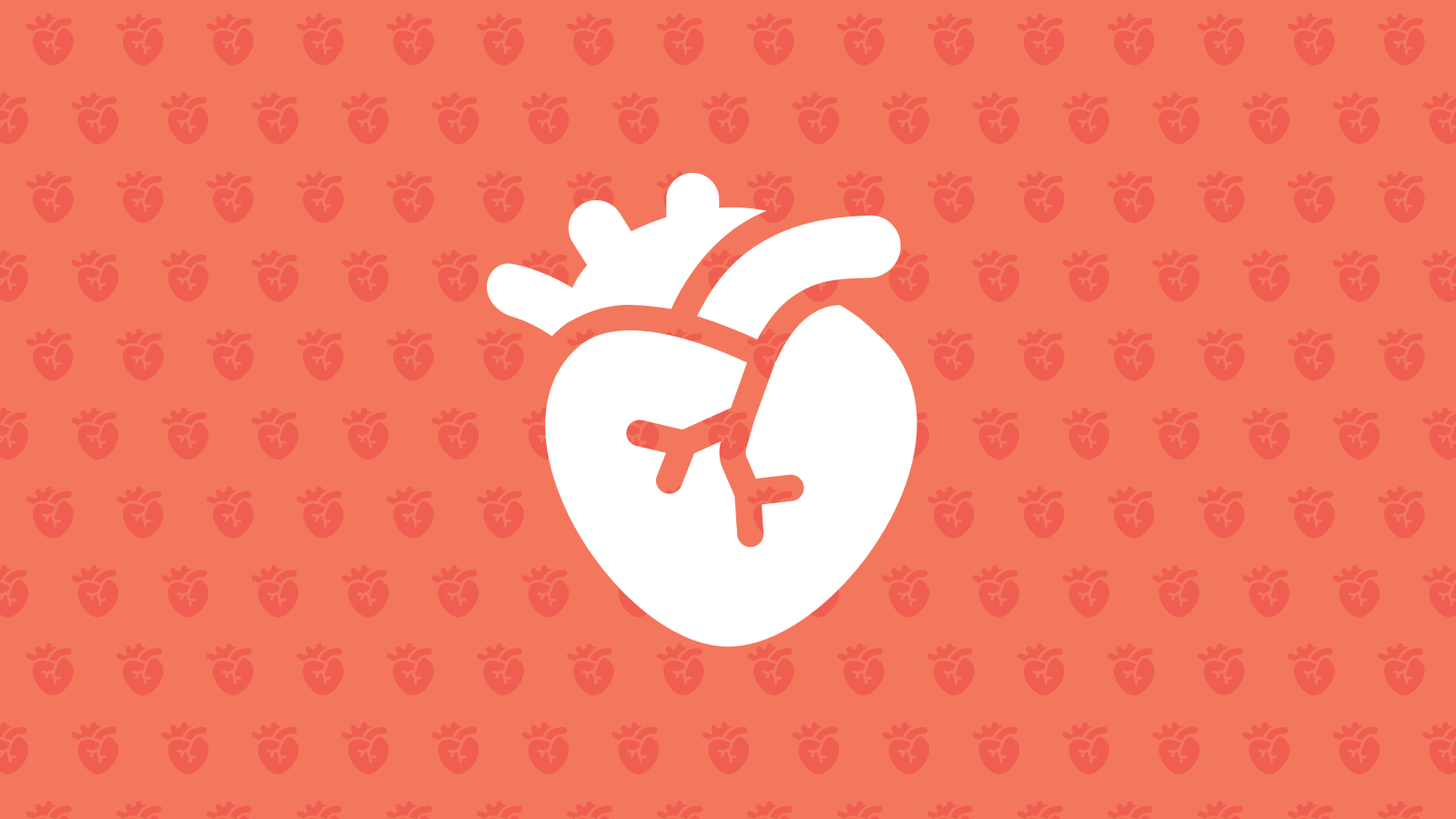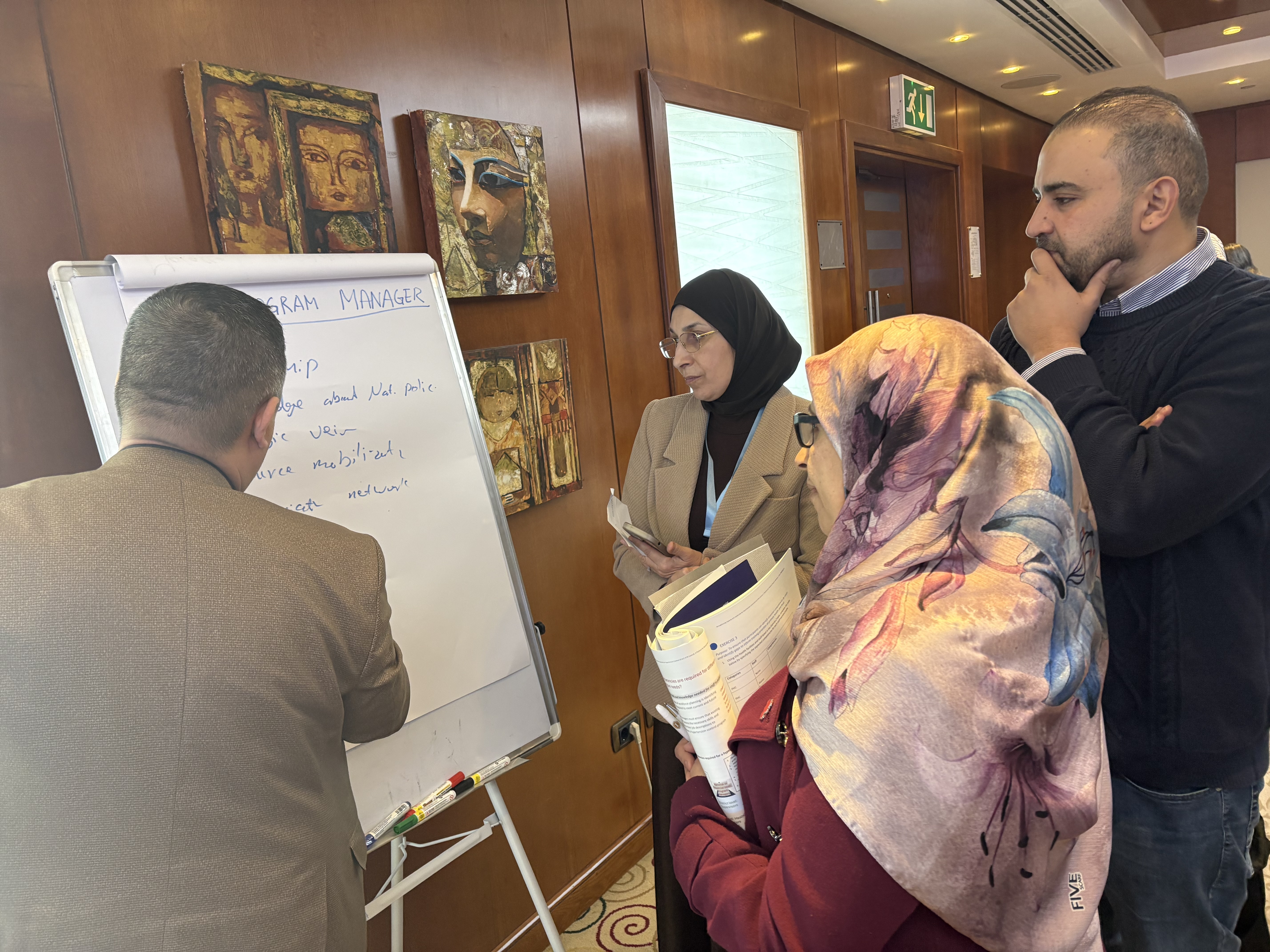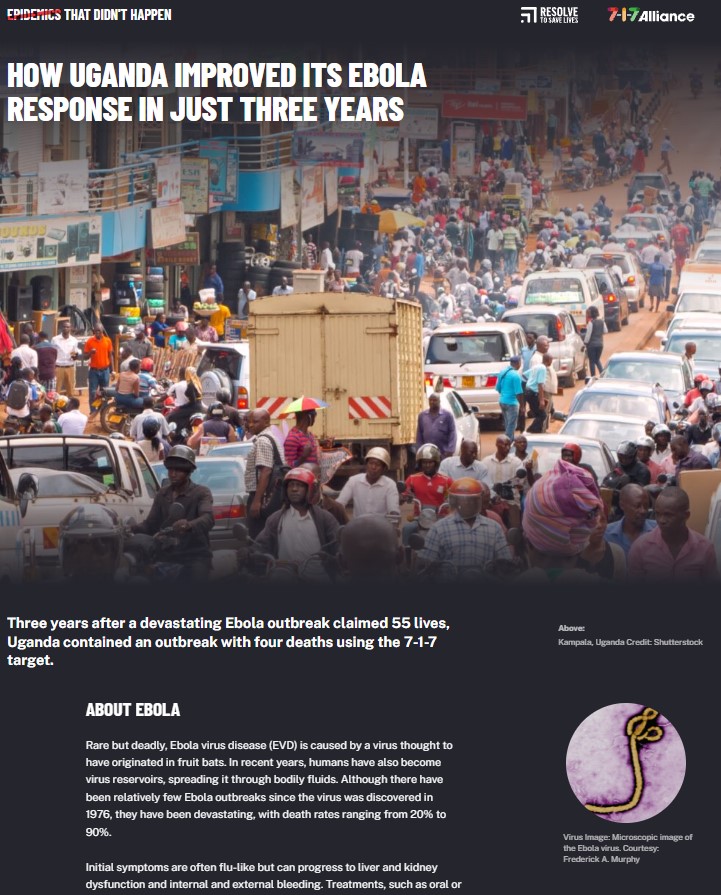How we save lives / Our priorities
Our priorities
We focus on the world’s deadliest health threats—widespread, preventable, and too often overlooked.
Blood pressure control
Every year, more than 10 million people die from hypertension— but we’re changing that.
Epidemic prevention
Preventing epidemics costs governments and economies far less than responding to crises such as COVID-19. Through global collaboration and strategic resource allocation, we can find and stop outbreaks before they spread out of control.
Healthier food
We’re supporting countries to take on heart disease and other non-communicable diseases (NCDs) by reducing salt and eliminating trans fat: two of the deadliest dietary risk factors.
See how our partners are taking action to protect the global food supply
Quality primary health care
Strong primary health care can manage chronic conditions and help stop infectious disease outbreaks, but many countries struggle to make it accessible, accountable, cost-effective and coordinated.
Blood pressure control
Every year, 10m people die from hypertension – but we can change that.
Epidemic prevention
Preventing epidemics costs governments and economies far less than responding to crises such as COVID-19. Through global collaboration and strategic resource allocation, we can find and stop outbreaks before they spread out of control.
Healthier food
We’re supporting countries to take on heart disease and other non-communicable diseases (NCDs) by reducing salt and eliminating trans fat: the two deadliest dietary risk factors.

